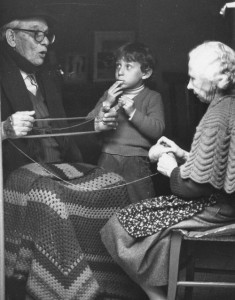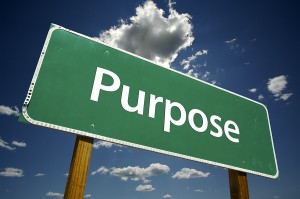I’m fascinated by the issue of regret. On the one hand, it’s challenging to deal with regret, and for some people regrets can drag them down in later life. But regret also serves a highly useful function: It helps us avoid mistakes in the future. One very common strategy for “regret prevention” among the elders had to do with finding a life partner. Over and over, elders told me that the most important thing about this critical life decision is: choose carefully, or you will regret it.
can drag them down in later life. But regret also serves a highly useful function: It helps us avoid mistakes in the future. One very common strategy for “regret prevention” among the elders had to do with finding a life partner. Over and over, elders told me that the most important thing about this critical life decision is: choose carefully, or you will regret it.
Virginia, 73, wanted to make sure her message about not rushing into marriage was strongly conveyed to younger people. Born into rural poverty, she lost her father at age 6. Her mother remarried, had two more children, and Virginia became a caretaker.
I had big responsibilities for a child my age. I took care of the kids, and I can remember when, I think I was in sixth grade, and my mother was not completely well. I mean, she had dizzy spells, and she would keep me home from school a day or two a week to take care of the little ones. I’d get up in the morning and she’d ask me to stay home from school that day. In some ways, I have been a caretaker all my life. It seems like I’m always taking care of someone.
Virginia describes rushing into marriage as one of the biggest mistakes anyone can make, and we should take her words seriously. She’s done it twice.
The first time, I got married to get away from home. I married young, I was only eighteen. I had started college in the mid-1950s, but lack of money and circumstances just didn’t allow me to continue, and I didn’t know what to do or where to go. I wanted to join the service. And my stepfather said no, and this was in the fifties, you understand, so I listened and I didn’t, but I knew I could no longer live at home. So there was this fellow I’d been going with, and we up and got married the week I turned eighteen. I’d had enough, and my stepfather was difficult to get along with. And they wanted my bed actually, and I didn’t know where to go, what to do, so I got married.
Well, two children and eleven years later, we divorced. It wasn’t a wise decision to marry him but it was an out for me at that time. So please, tell younger people: Don’t marry so young, get an education any way you possibly can. It’s easier in today’s world then it was back then. But when it comes to marriage, don’t rush into things. Give it time before you jump in.
After the divorce, Virginia remarried. Unfortunately, she admitted: “And that was a mistake too. I haven’t had the best luck.” Again, the problem was making the decision too quickly.
I rushed into something I later regretted, it was in the middle 1960s, and my first husband was an alcoholic and he had become very abusive. I decided to return to school, and I was taking courses. I wanted to go to school, get my teaching degree, and then I could leave my first husband and support my children and myself. But it just got so bad I had to leave, and I met this fellow, and there again I rushed into things. It was a way out and my kids liked him.
Well, at first it was good, but after that it was pretty bad. He had girlfriends, he ran around on me, he, oh, he didn’t work, he didn’t provide. So I knew that I had made the same mistake again. By marrying too soon, not knowing the person, he wasn’t what I thought he was. I was really taken in.
I haven’t had an easy time of it, frankly. But maybe I can help others understand. Here’s my advice to the people looking to get married. When you get to be like me in your seventies you realize that life is too short. One of my biggest regrets is wasted opportunities and the need to see that if you’re not happy in a situation you need to change it. I could have made a major difference in my life if I had chosen my husbands carefully, really gotten to know them before committing to the relationships. Know the person in and out before you get married. You think nowadays that you can get out of it easily, but that’s not always the case.
(Do you have marriage advice? Please share it on our new site!
 age 76.
age 76.




